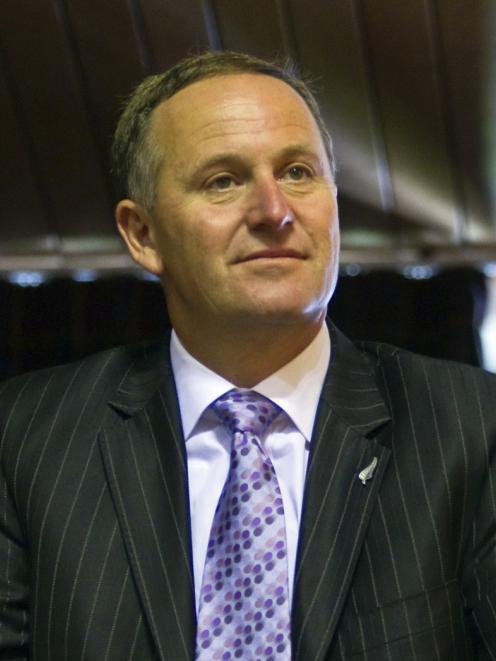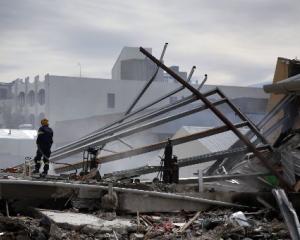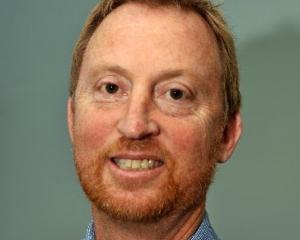
Yesterday he said the capital cost of the rebuild would be about $20 billion, and other spending on infrastructure where in normal circumstances ratepayers would contribute would cost "hundreds and hundreds of millions".
Also, government assistance such as worker subsidies announced on Monday had a $120m bill and that was expected to go up.
"The other issue that we have is we will have a reduced revenue stream in the sense that we will get less tax because there's less economic activity," he told reporters.
"The early advice from the treasury is it's quite possible from June 2010 to June 2011 essentially there will be no growth in the New Zealand economy because while other parts of the country will be growing, Canterbury will effectively be contracting.
"Now that has quite a big impact on your books - in the order of around about $15 billion dollars worth of lost GDP which translates to about $5b less of tax potentially (over four years)."
Mr Key said the economy last year suffered because of the September quake, and he thought the first two quarters of this year would have been positive if not for the latest disaster.
"All that does mean, though, is you have more outgoings and less revenue, you have to be more careful with your expenditure."
The "savings and investment" nature of May's budget would now have to include the rebuild.
Mr Key has already confirmed changes to working for families is on the cards, and other spending on rail and roads may be reduced.
The Government would look at how adequate measures, such as the Earthquake Recovery Commission, were to deal with the recovery.
"We can all see that the magnitude and the significance of this job will require a different structure from the one proposed earlier on."
There have been some criticisms of efforts so far. Labour MP Lianne Dalziel yesterday told Radio New Zealand that some parts of the eastern suburbs had received insufficient help and support.
As an example, she said the council made decisions about resources such as portaloos based on the number of phone calls that came in. But in those badly hit areas many people did not have power or telephones. She said one long street only had one portaloo on it.
Mr Key said he understood frustrations but the initial focus had to rescue and recovery in the central business district.
"They will be a priority but they've had to come after the rescue and recovery effort."




